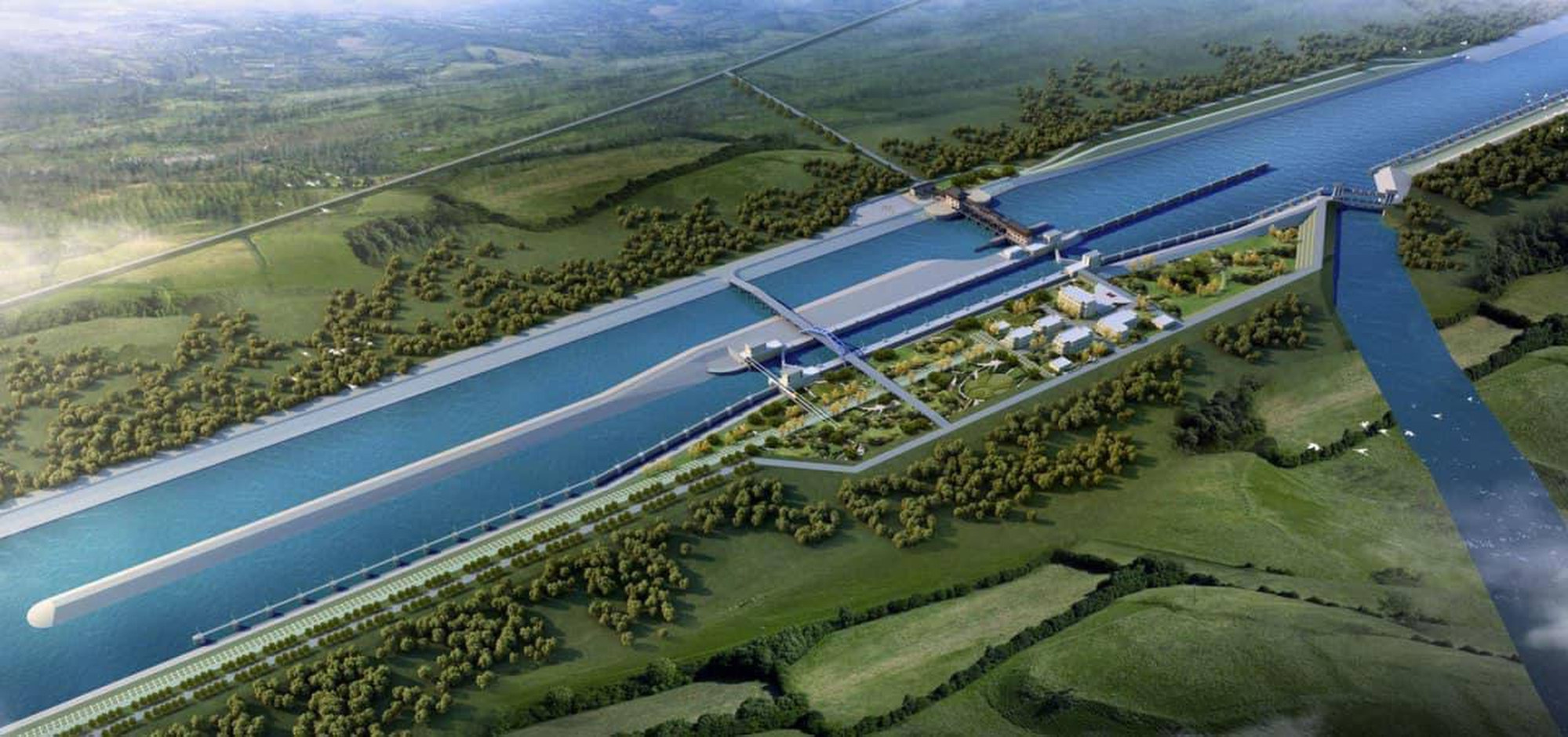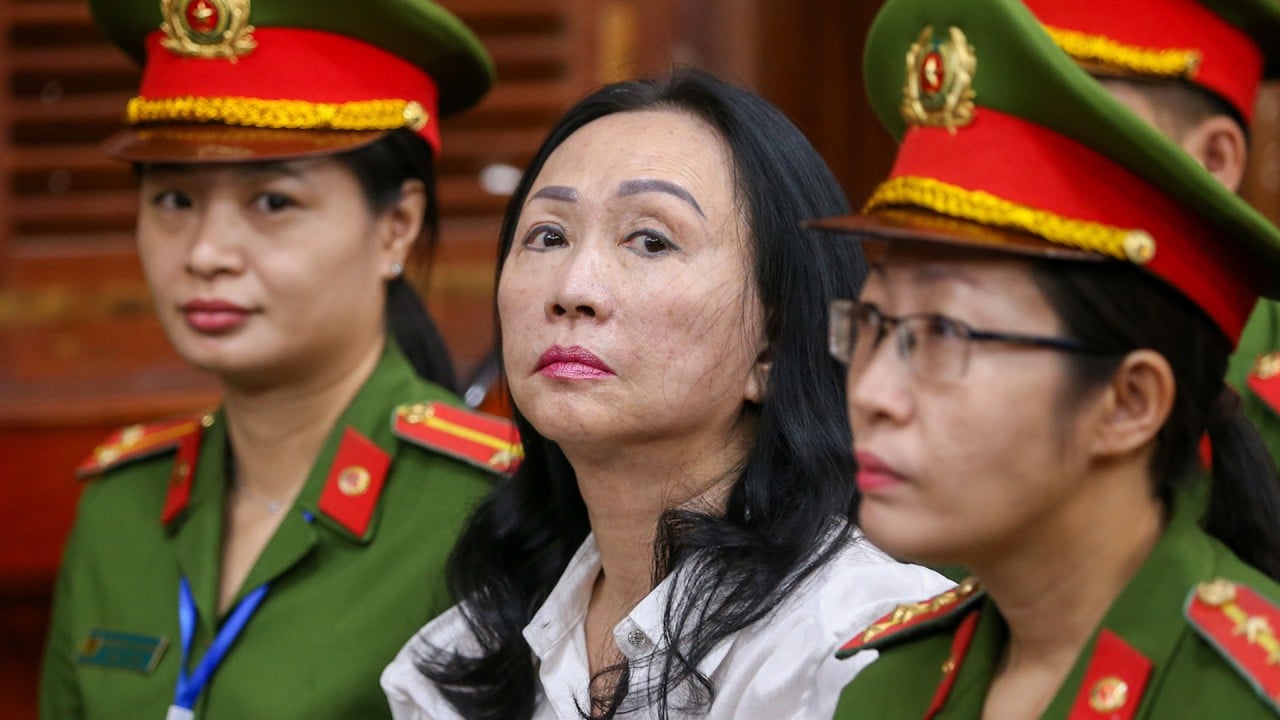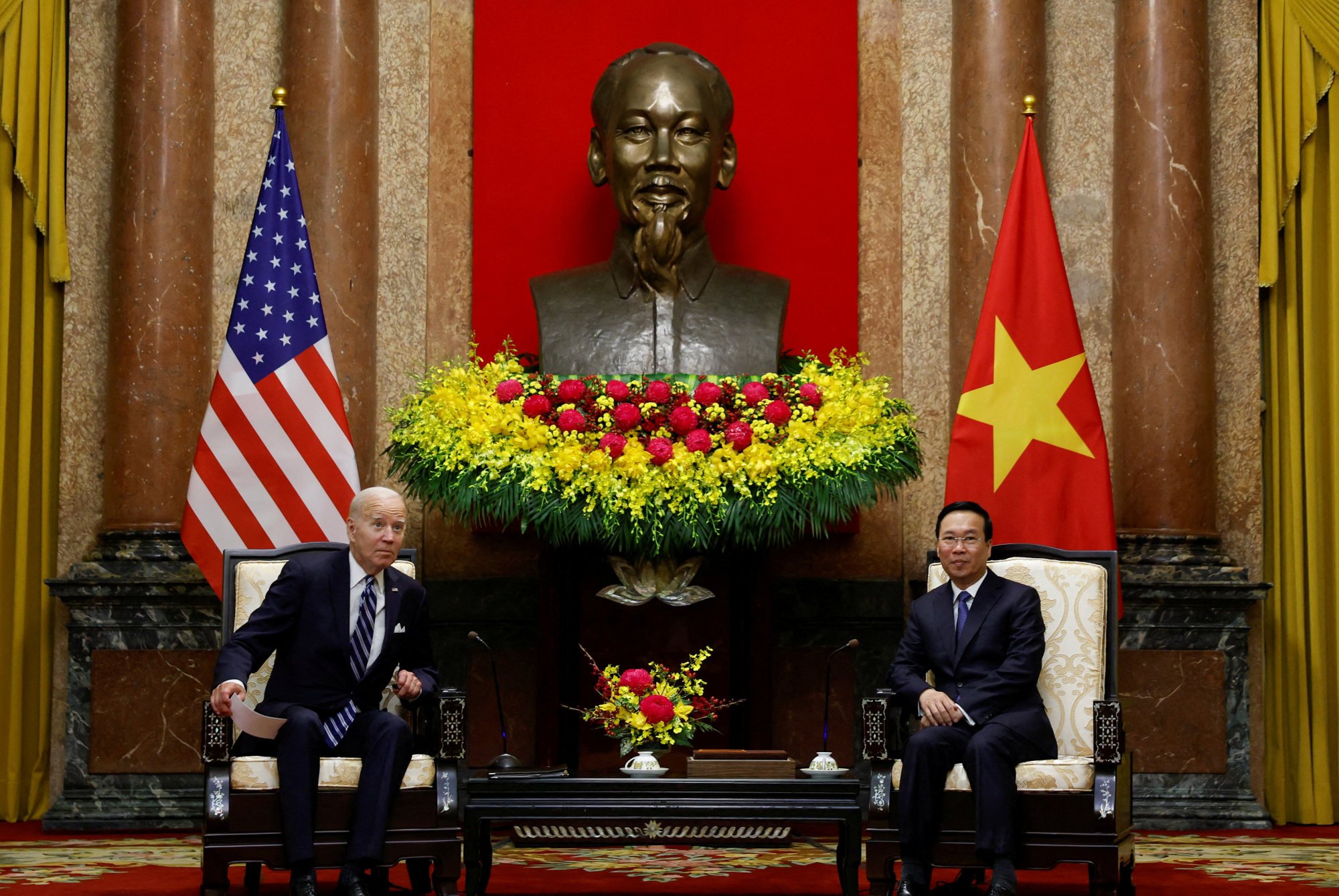
Huynh Tam Sang, an international-relations lecturer at Vietnam’s University of Social Sciences and Humanities, said it was not in Hanoi’s best interests to alter its foreign-policy trajectory.
Evoking the strong roots, stout trunk and flexible branches of the bamboo plant, the term describes Vietnam’s nuanced strategy to navigate geopolitics: preserving its independence and benefiting from multiple international partnerships without becoming beholden to any one power.
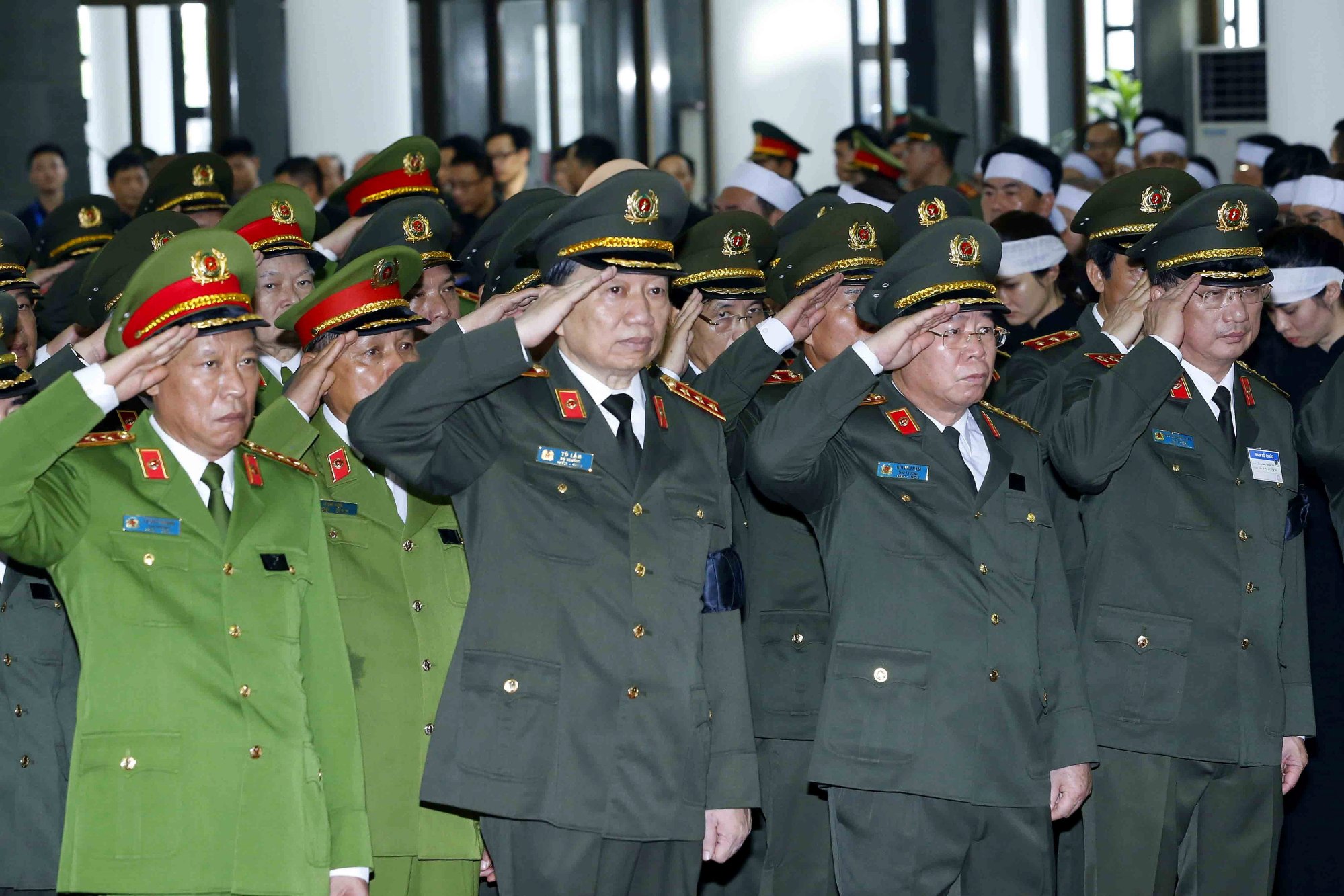
Security advice
Vietnam’s newly-elected president visited China in September last year, during which his Ministry of Public Security picked up “a lot of tactics” – most notably in counterterrorism and anti-riot measures – from its Chinese counterpart, according to Huynh. Monitoring dissent and the surveillance of activists are two of the ministry’s main roles.
Huynh said Lam had also asked for “both theoretical and practical advice” from China’s security chiefs on how to keep Vietnam’s Communist Party “in complete control over authority and leadership” back in January.
“Chinese officials know they can rely on Lam because of his symbiotic comradeship with General Secretary Nguyen Phu Trong, who has attempted to maintain close ties with Chinese President Xi Jinping.” he said.
Vietnam’s leadership has “always viewed the world through a similar lens as China’s”, said Zachary Abuza, a professor of security strategy at the National War College in Washington.
We are definitely seeing the Communist Party of Vietnam adopt many Chinese instruments of maintaining regime survival
“They fear ‘colour revolutions’, their policy priority is always regime survival, they equate regime security with national security,” he said, referring to a series of pro-democracy uprisings that swept several former Soviet states in the early 2000s.
Abuza, who is also an adjunct professor of security studies at Georgetown University, said the prevalence of public security officials in Vietnam’s 12-member Politburo – at least five, including Lam – and a broad-ranging directive it reportedly issued last year warning of “hostile and reactionary forces” pointed to growing insecurity among the ruling elite.
Directive 24, a copy of which was obtained by regional human rights activists, supposedly contains dire warnings about the threat posed to national security from Vietnam’s growing international ties.
“We are definitely seeing the Communist Party of Vietnam adopt many Chinese instruments of maintaining regime survival,” Abuza said.
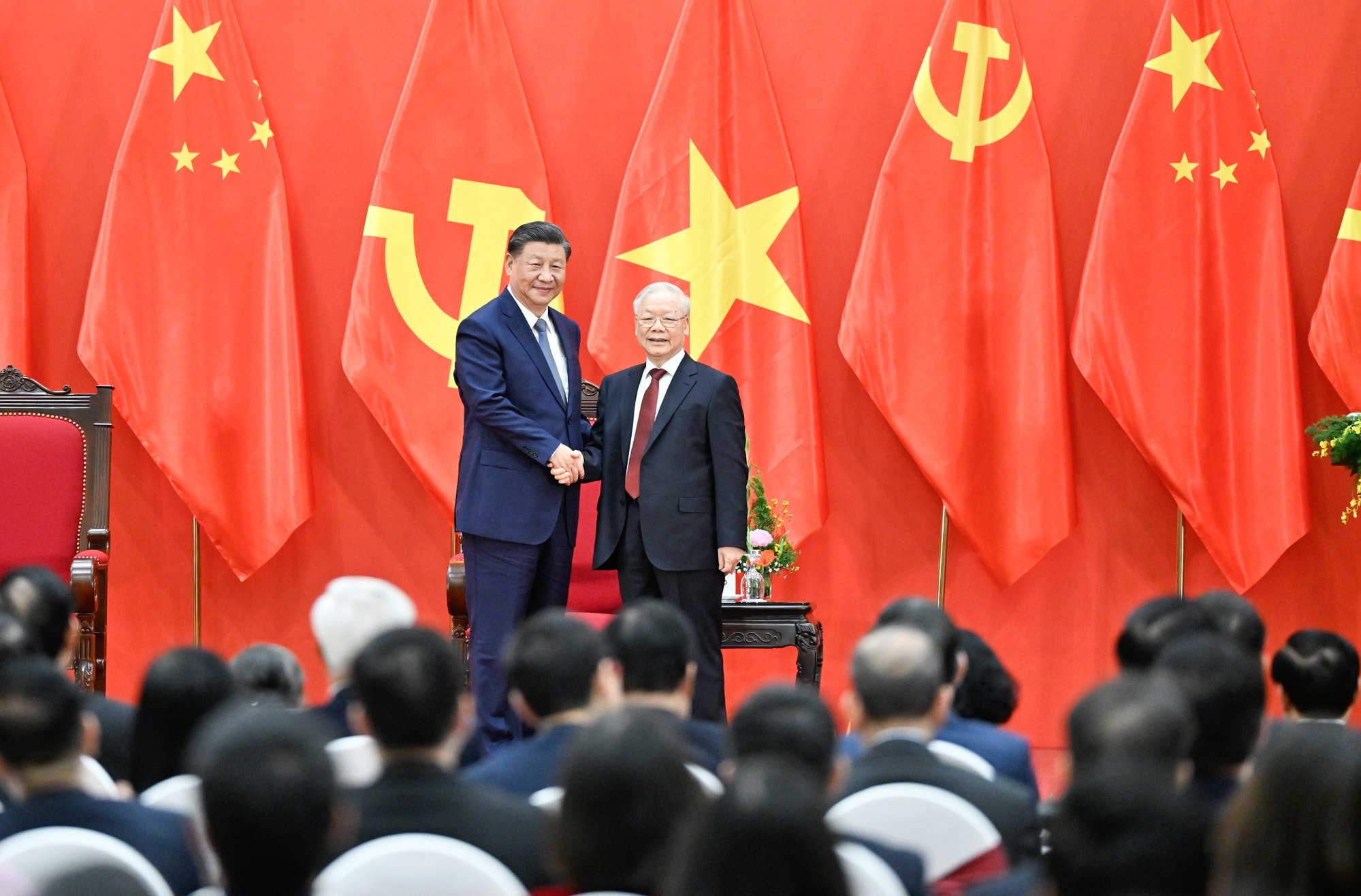
“Hanoi does learn from Beijing, whether in cybersecurity laws, the use of tax laws to target regime opponents, or extrajudicial renditions.”
“Vietnam is very much dependent on being integrated into the global economy and has been a huge beneficiary of corporate de-risking strategies,” Abuza said.
Alexander Vuving, a Hanoi-born professor at the Asia-Pacific Centre for Security Studies in Hawaii, said he expects Vietnam’s political turbulence to continue until at least early 2026 when the Communist Party is scheduled to hold its next national congress and elect a new party chief.
“Vietnam’s game of thrones will continue,” Vuving said, adding that a reorientation of its foreign policy would only likely be triggered by a transformation of the strategic environment.
Vietnam’s game of thrones will continue
“Such a transformation may be China crossing Vietnam’s red lines in the South China Sea or a rapid deterioration of Cambodia-Vietnam relations”, he said. “In both cases, Vietnam is likely to tilt away, not towards China.”
Beijing said its move in what it calls the Beibu Gulf “strictly complies with domestic laws, international laws and bilateral agreements” and “will not impact Vietnam’s interests or those of any other nation”, according to a foreign ministry statement cited by China’s Global Times tabloid.
Hanoi’s foreign ministry issued a statement later in March saying it “resolutely opposes and rejects” claims that are contrary to international law and violate Vietnam’s sovereignty, sovereign rights and jurisdiction over its territorial waters.
